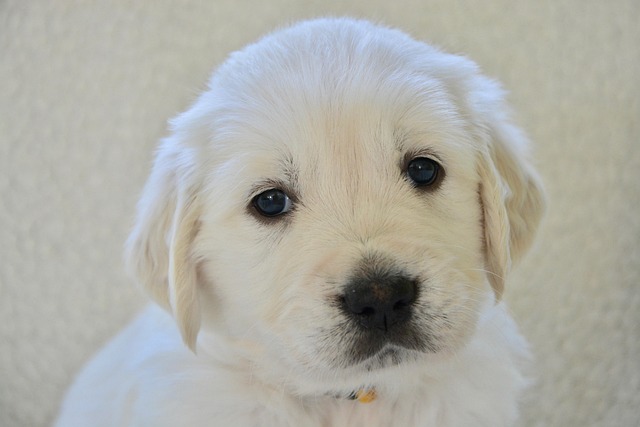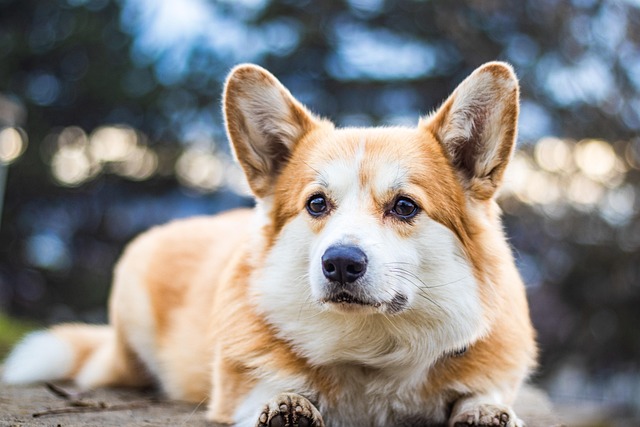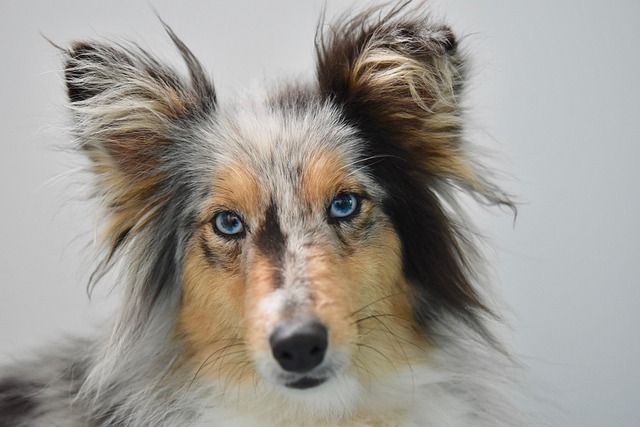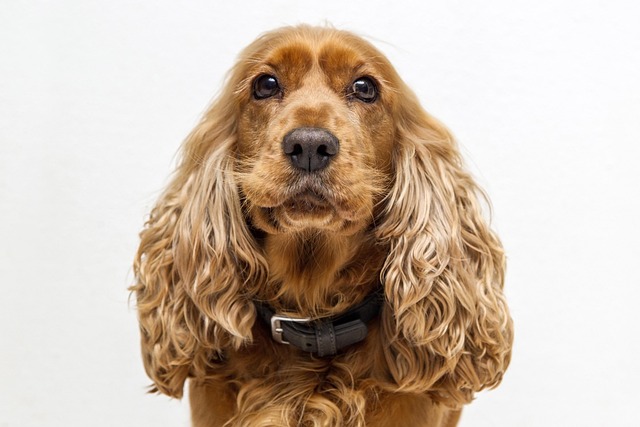Picture this: you're at the local park, your new Labrador pup, Buddy, spots a fascinating squirrel. You call his name with growing urgency, "Buddy! Come!"... and he bolts in the opposite direction, ears blissfully closed. If this feels familiar, take heart – you're not alone, and there are effective, kind solutions. Getting a reliable recall is crucial, not just for convenience but for your dog's safety near roads or other hazards.
So, why does Buddy ignore you? It's rarely stubbornness. Often, the environment offers something more immediately rewarding – that squirrel smells incredible! Or perhaps he associates coming back only with the end of fun (like leaving the park), or hasn't truly learned that responding always leads to amazing things. Think of it like this: would you interrupt your favorite TV show just to hear someone say "good job"? Probably not. Your dog needs a compelling reason to choose you over distraction.
Building a solid recall takes patience and positivity. Forget yelling or punishment – this only makes coming back scary. Instead, become the ultimate treat dispenser! Start indoors with minimal distractions. Use a specific, happy recall cue like "Here!" or a whistle. When Buddy comes, shower him with high-value rewards he rarely gets elsewhere – think small bits of real chicken or cheese. Gradually increase the challenge: practice in your fenced backyard, then during quiet walks. Crucially, in those early stages, never call him for something he dislikes, like a bath or nail trim. You want "Here!" to predict pure joy.
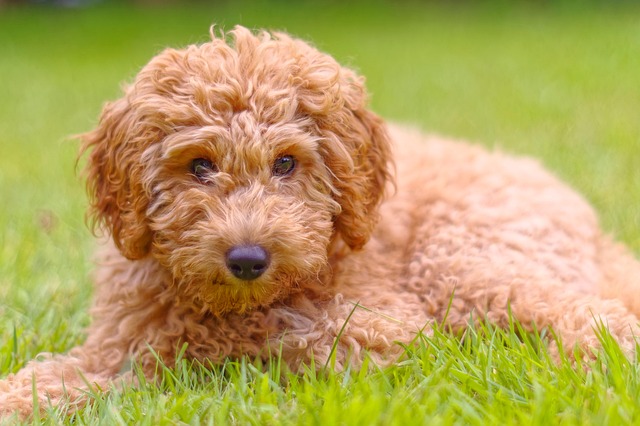
Now, let's talk real-world application. If you live in an apartment, practice recall in the hallway using those super tasty treats before relying on it near busy exits. Heading to that tempting park? Use a long training leash (15-30 ft) initially. This gives Buddy freedom to explore safely while ensuring you can gently guide him back if he ignores the cue, preventing him from learning that ignoring works. Always reward heavily when he succeeds, especially in high-distraction places like your neighborhood sidewalk or near the enticing smells at the dog park entrance. Remember, cleaning up after Buddy immediately isn't just polite – it's often legally required in public spaces and keeps parks welcoming.
This positive reinforcement approach aligns perfectly with modern animal welfare standards and is widely advocated across the US and Europe. Yanking leashes or harsh corrections are not only ineffective long-term but can damage your bond and may even violate local animal welfare guidelines. Keeping Buddy's rabies vaccination and local license current isn't just responsible pet ownership; it's the law in most municipalities. Think of recall training as an ongoing conversation. Practice daily, keep it fun and rewarding, and always celebrate successes. Soon, "Here!" will be Buddy's favorite word, keeping him safe and strengthening your partnership wherever your adventures take you.
